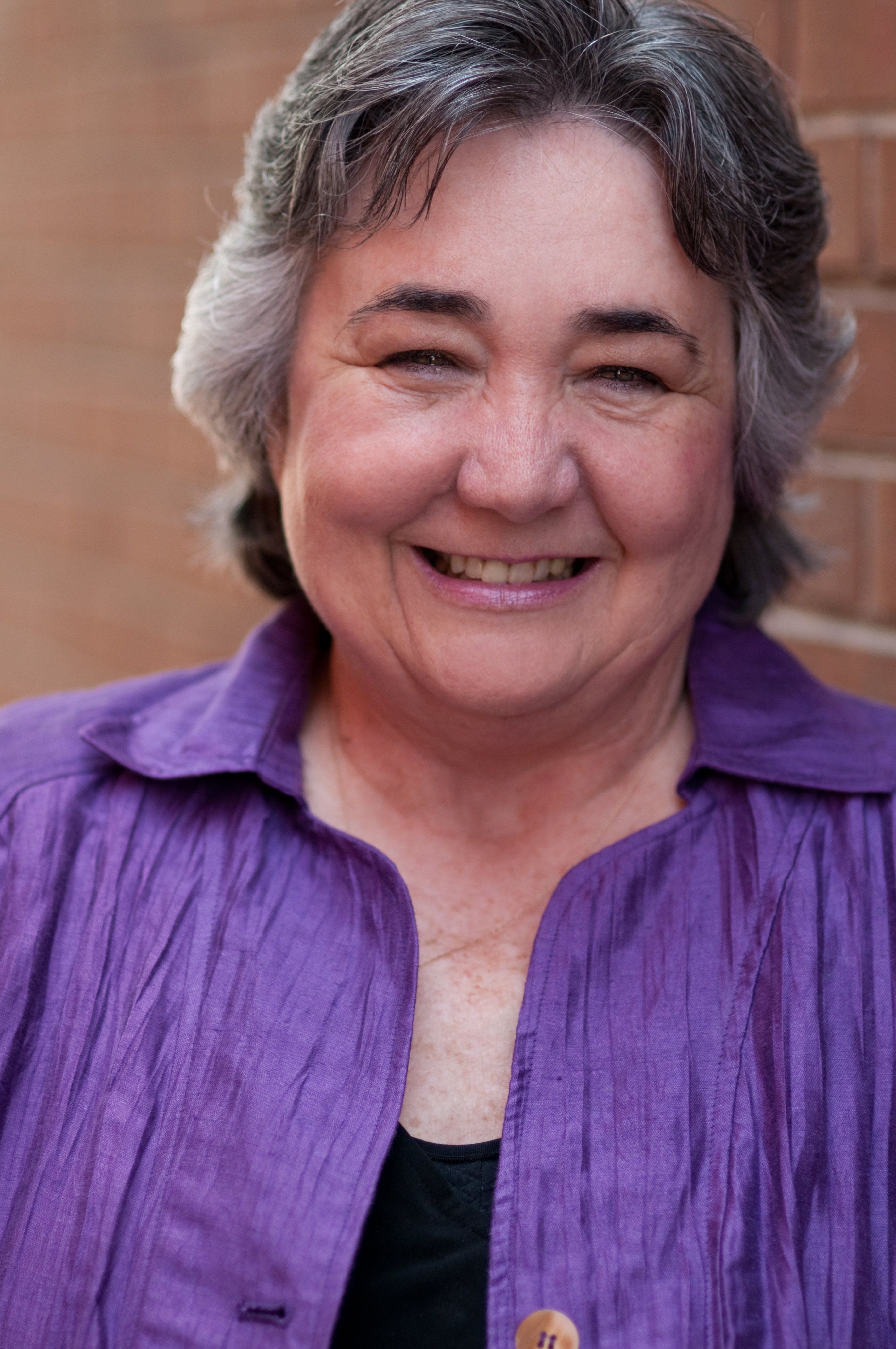“So, what side are you guys on, anyway?”
The question illustrates a familiar dilemma for the WGA staff and leaders as we seek to live up to a commitment to 100% Grace; 100% Truth; No Compromise. Often it comes in the context of one or another ministry leader or Christian writer having made a strong statement for or against another leader’s approach to ministry and/or position on sexual and gender issues. We are asked then whether we support one side of that criticism or another.
It is beyond the scope of this blog post to explain the presuppositions upon which Where Grace Abounds approaches ministry. My purpose today is to illustrate our dilemma in the current climate….
…..but if the reader wants to know about how I would respond to this question of sides, I will simply offer a quote from the WGA website, “WGA resists the pressure to join one side or another of this debate over sexual ethics….” We are holding out for a different approach. The position we take is outlined here. And our doctrinal beliefs are found here.
It will not be a surprise to anyone paying the slightest bit of attention to the reports coming out of our various media outlets—as it relates to stories about gay and trans issues in our society: people are at odds with one another.
What most distresses me is that in Christian media there is great dissension as well. Mirroring our increasingly divided country, various ministry leaders are commenting on the positions and approaches taken by others. One recurring theme is whether or not it is appropriate for a person who experiences same-sex attractions to call themselves a “gay Christian.”
What follows is my poor attempt to reflect what each of two mutually exclusive opinions are thinking about their own position on this topic:
From the perspective of those who judge the term “gay Christian” as inappropriate, the argument usually consists of citing passages that prohibit or sanction homosexual behavior. Critics might also argue that the term “gay” inherently ties one’s identity to their sexual orientation, which they believe should not be the defining aspect of a Christian’s identity. They may prefer terms like “same-sex attracted Christian” to emphasize the distinction between identity and behavior.
From the perspective of those who affirm the term, “gay Christian,” it honors the importance of transparency and authenticity. They also find it helpful to integrate their sexual feelings into their whole being, accepting their struggles instead of condemning or hiding them in shame. The use of the term also is perceived to help build a supportive and compassionate community within their faith contexts.
As I said—this is my poor attempt to explain some of what is going on in the heads and hearts of people on different sides of the argument. There are, of course, other variables and perspectives held. [I strongly suggest the reader might find someone to engage in conversation rather than debate, and ask them, “Do you mind telling me what that label means to you?” or, “What is the basis for your resistance to the label; I want to understand.”]
WGA’s Dilemma
A recent conversation at a staff meeting was the impetus for this blog post. We are often troubled by the vitriol that comes with these conversations. The harsh attitudes of each talking about the others’ failings was distressing. Even the Christian testimony of one was called into question. Another ridiculed those who challenged his position; the challenger was equally rude.
A caveat here: not all debate and conversations on this issue is contentious. I know that. But I am talking about what gets most out there in the news—the negative always does.
And we at Where Grace Abounds find ourselves in a quandary. We are asked where we fit in the debates? And we just don’t fit neatly into one side or another; we keep looking for the roots.
One of our biggest problems is that it seems these speakers are so certain they are right and the others wrong. At WGA we know with uncomfortable clarity that, “ Now we see things imperfectly, like puzzling reflections in a mirror, but then we will see everything with perfect clarity. All that I know now is partial and incomplete, but then I will know everything completely, just as God now knows me completely.” (1Cor 13:12 NLT)
A personal point of my own dilemma is that every time I read or hear their judgements and criticisms, I wonder if they have examined their own hearts or talked with that person they are at odds with as we are instructed to do before we take it public? (Luke 6:41 and Matthew 18:15)
As I write this, I am convicted… have I said anything to these people, is my own heart clear? (No wonder it takes me so long to write these posts!)
So, what to do with our dilemma? I offer an idea—a sort of mission impossible should any of these leaders and bloggers decide to accept it:
I once asked a group of leaders at a conference if they thought that all these leaders with their various experiences might get together at a working conference and hammer out how all of our pieces of the puzzle (the truths in parts) that each of us have might fit together. What if it all could be captured and published in a useful book to help people understand more broadly and deeply the complexities of human sexuality and relationships and how to approach ministry more effectively.
That conversation went nowhere at the time, but maybe it’s time to pick up the threads and see if it could happen. We could possibly, with the Lord’s help, find unity. That would go a long way to clear up the mixed messages we are throwing out into the world right now.
I will work on that idea from my end. What might the reader do on your end?
Finally, an admission: I find myself identifying with the founder of the Women’s Temperance Union when she said: “I used to be intolerant of people. Now I am just intolerant of people who are intolerant of people.”
Lord is it I; do I do this? Lord, have mercy on us; teach us your ways; deliver us from coming up with our own, which fall so far short of what you intend. And if we need to admonish or correct someone, may it be not under own power, not by might, but by your Spirit, in Your timing, in Your attitude, in Your strength.

Mary Heathman
Founding Director
Mary is one of the founders of Where Grace Abounds and served as Executive Director from its inception on July, 1986 through March 31st, 2007. She speaks and teaches at churches and conferences across the country. She has also served on several boards of non-profit organizations, is a conference speaker on a variety of topics that include: Intimacy with God, Healthy Sexuality, and leadership development. Currently serving in leadership in her denomination, Mary’s favorite ministry roles are discipleship counseling, group facilitation, and leadership development.
Mary often characterizes herself as “a seeker of Truth” and has a long-standing fascination with human behavior and motivation. Her education consists of lay and discipleship counseling, independent study about the integration of psychology and theology, counseling and human sexuality. She also holds a BS in Human Services and an MA in Psychology from Regis University.
Mary attends a Friends (Quaker) Church.
Make a Difference in Someone's Life
If you enjoy reading WGA’s blogs and would like to show your support, please consider making a donation. Where Grace Abounds is a 501(c)3 non-profit organization. The majority of services, including support groups and discipleship counseling, are provided free of charge. Your financial gifts help to cover the costs associated with offering a free program to those who seek WGA’s services.

